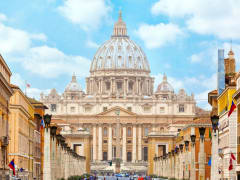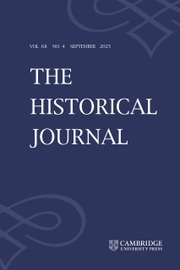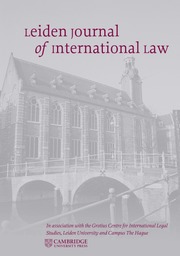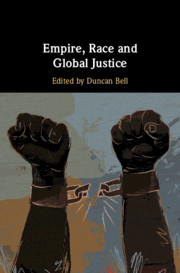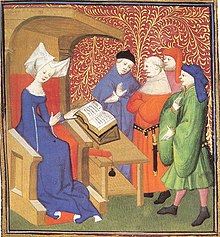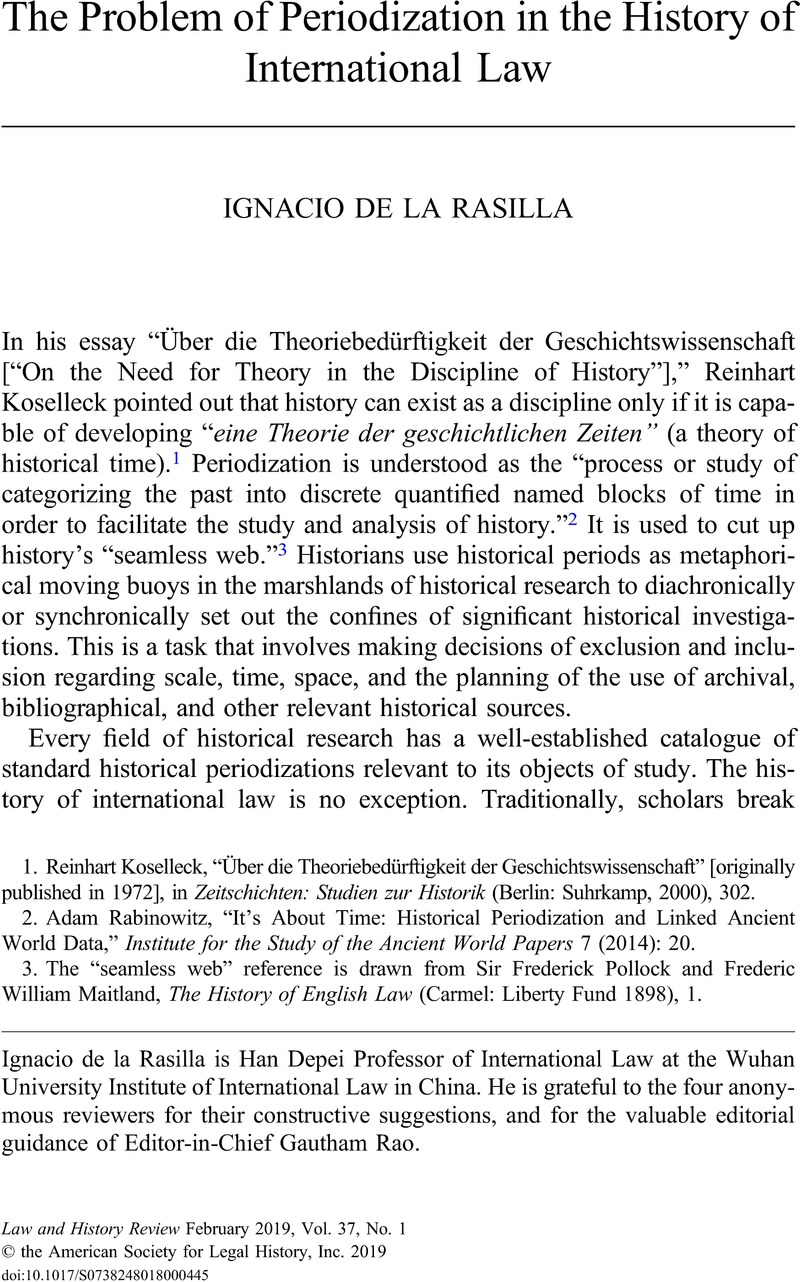Oxford University Press is publishing a celebratory collection of essays on philosophy, rights and natural law, inspired by the work of Knud Haakonssen.
ABOUT THE BOOK
A celebratory collection of essays on philosophy, rights and natural law, inspired by the work of Knud Haakonssen
Over his long and illustrious career, Knud Haakonssen has explored the role of natural law in formulating doctrines of obligation and rights in accordance with the interests of early modern polities and churches. A hallmark of his approach has been to show how natural law in early modern Europe was not a unified doctrine, but a field of crosscutting idioms that prosecuted competing political and juridical programmes.
The essays collected in this volume range across this exciting and contested field. These studies acknowledge Haakonssen's immense academic achievement and give us new insights into the cultural and political role of law and rights in a variety of historical contexts and circumstances.
ABOUT THE EDITORS
Ian Hunter is Emeritus Professor of History at the University of Queensland. He is author of The Secularisation of the Confessional State: The Political Thought of Christian Thomasius (Cambridge University Press, 2007). He is co-editor of Law and Politics in British Colonial Thought (Palgrave Macmillan, 2010), Essays on Church, State and Politics(Liberty Fund, 2007), The Philosopher in Early Modern Europe (Cambridge University Press, 2006), Heresy in Transition (Ashgate, 2005) and Natural Law and Civil Sovereignty(Palgrave Macmillan, 2002).
Richard Whatmore is Professor of History at the University of St Andrews and Director of the St Andrews Institute of Intellectual History. He is the author of What is Intellectual History? (Polity, 2015), Against War and Empire (Yale University Press, 2012) and Republicanism and the French Revolution (OUP, 2000). He is the co-editor of Commerce and Peace in the Enlightenment (Cambridge University Press, 2017), Companion to Intellectual History (Wiley-Blackwell, 2016), David Hume (Ashgate, 2013), Advances in Intellectual History (Palgrave, 2006) and Economy, Polity and Society: Essays in British Intellectual History, 2 volumes (Cambridge University Press, 2000).
TABLE OF CONTENTS
Introduction
Part I: Rights, Religion and Morality
1. Calvinists, Arminians, Socinians: Popular Sovereignty and Natural Rights in Early Modern Political Thought
James Moore
2. Truth and Toleration in the Early Modern Period
Maria Rosa Antognazza
3. The History of the History of Ethics and Emblematic Passages
Aaron Garrett
4. Natural law and Natural Rights in Early Enlightenment Copenhagen
Mads Jensen
Part II: Natural Law and the Philosophers
5. Natural Equality and Natural Law in Locke's Two Treatises
Kari Saastamoinen
6. Dignity and Equality in Pufendorf's Natural Law Theory
Simone Zurbuchen
7. Theory and Practice in the Natural Law of Christian Thomasius
Ian Hunter
8. The iura connata in the Natural Law of Christian Wolff
Frank Grunert
9. Hume's Peculiar Definition of Justice
James A. Harris
Part III: Rights and Reform
10. Economising Natural Law: Pufendorf on Moral Quantities and Sumptuary Legislation
Michael Seidler
11. The Legacy of Smith's Jurisprudence in Late-Eighteenth-Century Edinburgh
John W. Cairns
12. Declaring Rights: Bentham and the Rights of Man
David Lieberman
13. Rights After the Revolutions
Richard Whatmore
Index
More information here
(source: ESCLH Blog)




